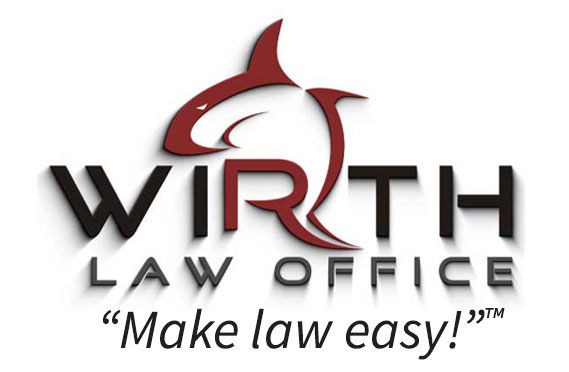Don’t Let Fear and Threats Get the Best of You
 Video Transcribed: This is Wagoner County lawyer Stuart Ericson. Today we’re going to talk about extortion in Oklahoma.
Video Transcribed: This is Wagoner County lawyer Stuart Ericson. Today we’re going to talk about extortion in Oklahoma.
Extortion is defined as obtaining property from another person with consent, so that means the other person is consenting to do it, but, and here’s the crime part, that the consent is induced by the wrongful use of force or fear or under color of an official right, which we’ll get into that later. And this is found in Title 21 of the Oklahoma statute, section 1481.
So the elements of extortion, which is the elements are what the state of Oklahoma or the District Attorney’s office must prove. They must prove each and every element of a crime in order to convict someone. So the elements of extortion are obtaining or attempting to obtain, so to try to get something from someone, and that something can be property money or a signature to a writing to transfer property or a signature to a writing to create a debt demand or charge.
So you’re wanting property, you’re wanting money. The person extorting is wanting to enrich themselves at your expense under this extortion. So it’s another with consent, which makes a difference from robbery. Robbery is without consent. So in this case, somebody is consenting, but the consent is induced by force or threat. So you’re saying, “Give me money, whatever, or else, here’s my threat. I will injure you or someone else in your family. I will accuse somebody, you, or somebody in your family of a crime to expose you to some sort of disgrace or public humiliation, and expose a secret that would affect the person or member of that person’s family. So give me money or else I will do this.”
And then the person’s basically in a position to go, “Huh, if that threat is true, I don’t want that to happen and to not get it to happen. I’ve got to give this property or money or whatever.” So that is the crime. It’s something you see in movies, extortion, but it does happen. And it is a crime that is charged in Oklahoma. So it’s a serious one. It is a felony. It carries a prison term of up to five years. So now the other of the color of right that second part of that statute that I mentioned earlier is basically if a person uses a public office or their official public office to try to induce somebody to give something under threat. So that’s a little bit different. It’s when somebody is misusing their office to get something and using their power. So that’s obviously also a crime.
So as with all crimes, facts are important. As your criminal defense attorney, what I would do is I would get all of the police reports, witness statements, any evidence of writing, audio, tapes, texts, emails, and whatever is available that the State will have, I would gather all that. I would bring you in and we would discuss, what do you say happened? Let’s look at this for a police report. What may be true, what may be a lie, what might be false. And then from there, of course, if charges haven’t been filed, I would try to use what I know to try to get charges not to be filed if it’s not a crime. And if it is already been filed, then would seek to get a dismissal or work it out the best way that’s possible by consulting with you, the client. And that’s how every criminal case works. Criminal cases can only be resolved in several ways. One is a charge is filed, and for some reason, a district attorney’s office can be convinced to dismiss it.
So a dismissal is kind of rare. They don’t usually file cases to turn around and dismiss them, but it does happen. I’ve seen it happen. I’ve had it happen. The other way, a criminal case ends is a plea bargain. A plea where you reach if I plead guilty, this is the punishment I will get. And it’s an agreement. The district attorney makes a plea offer of probation or prison or whatever it is, and then you have to decide if you want to take it or not.
Now, if the person doesn’t take a plea bargain and doesn’t plead guilty to the judge, which that’s called a blind plea, we have different videos on that. If you don’t take the plea and the case isn’t dismissed, there’s only one way a criminal case is finalized, and that’s with a jury trial. You take it all the way to a jury trial and make the state prove its case. In every jury trial, you have a right to testify. And then 12 people decide guilty or not guilty. So that is all these crimes need to be defended, and your best bet is with a criminal defense attorney. So if you have any questions about extortion, reach out to me Oklahoma criminal defense attorney Stuart Ericson at wagonerlawyer.com.







